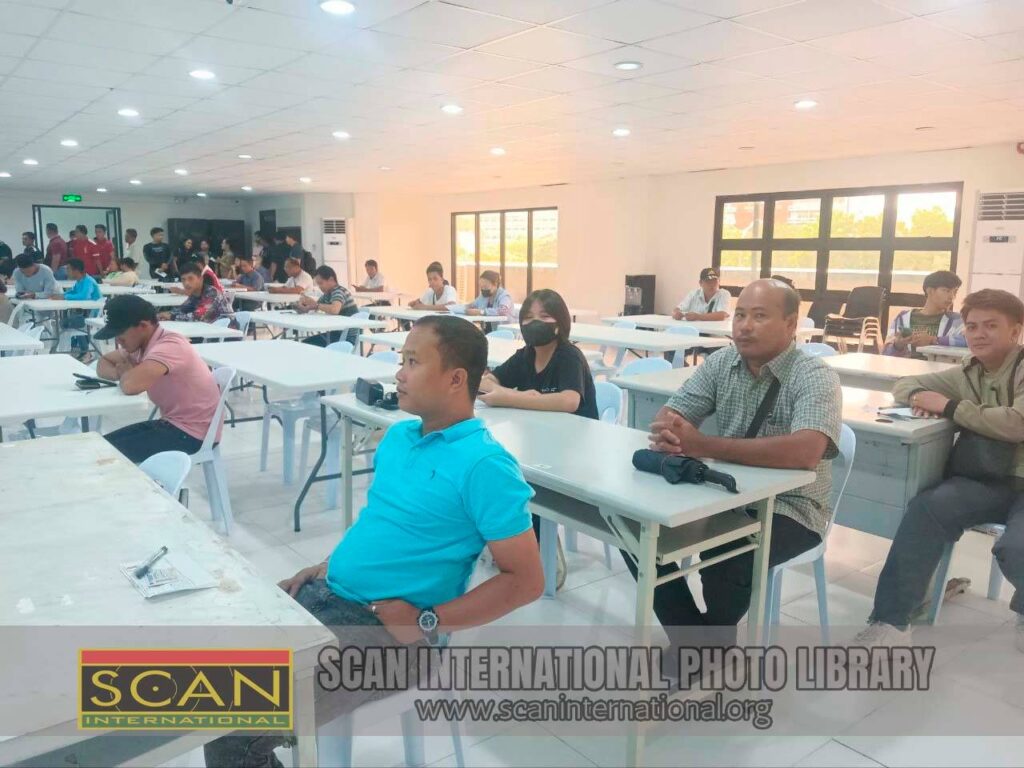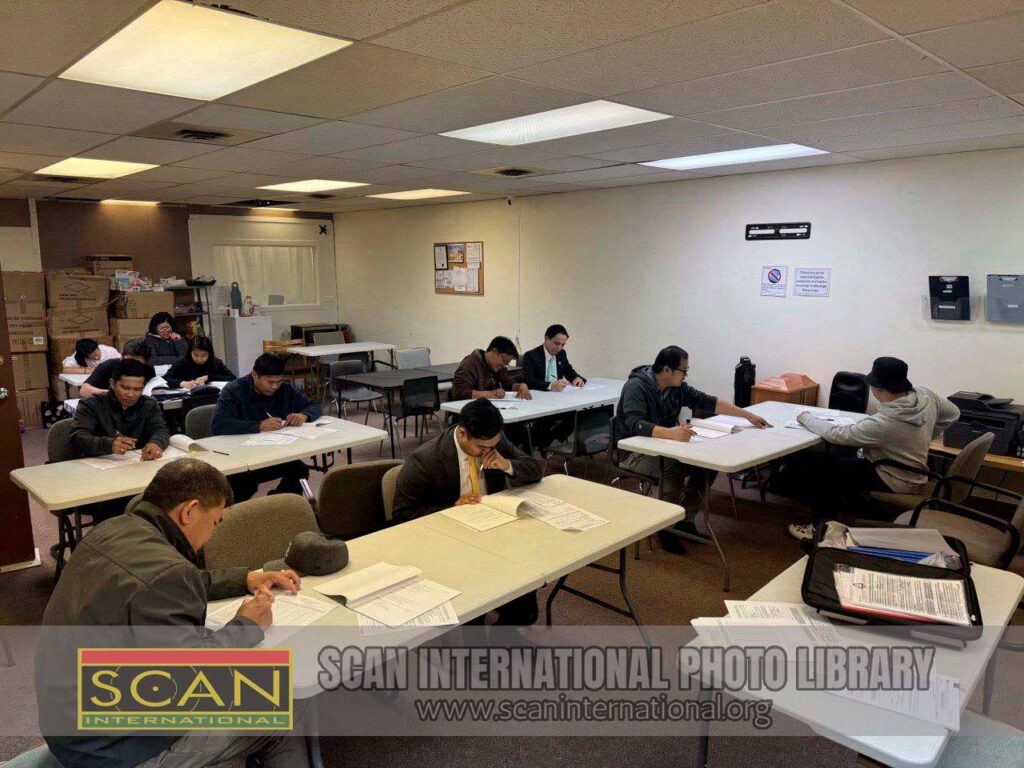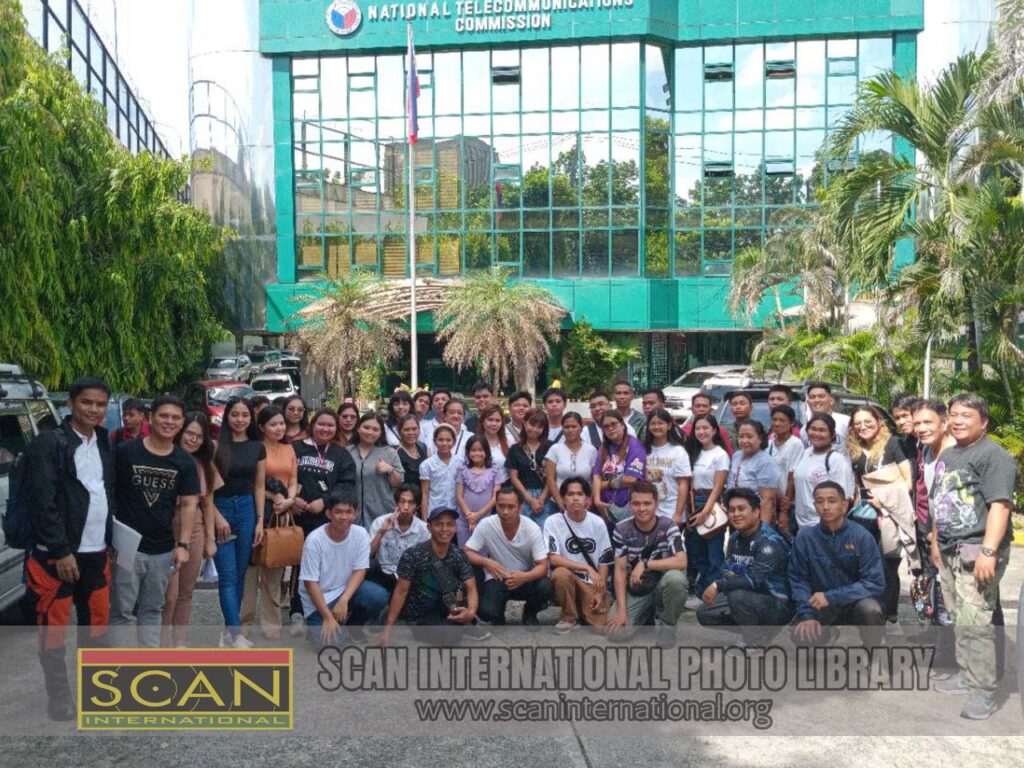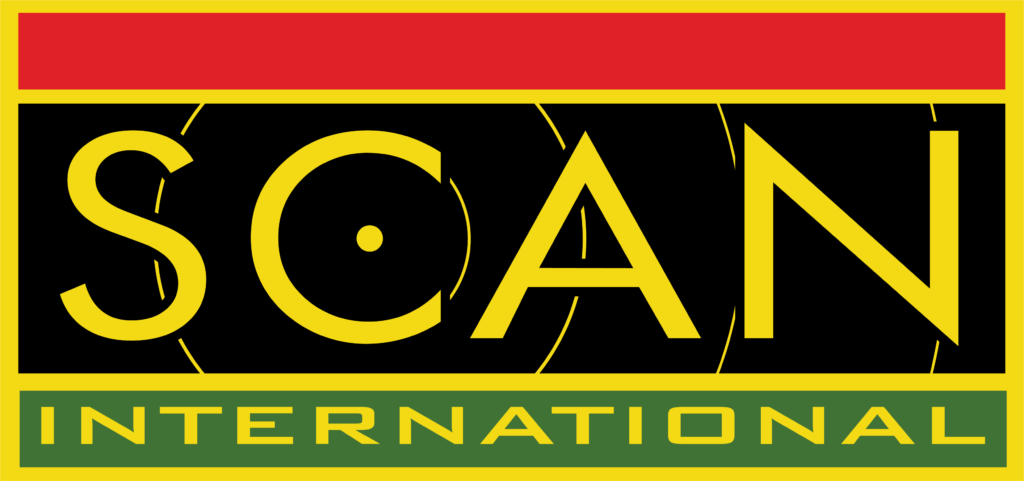⦿ AMATEUR RADIO LICENSING
Most countries worldwide require amateur radio licensing--their respective communications commissions govern it.
The Federal Communications Commission, or FCC, is the governing body for Amateur Radio Regulations in the United States. It plays a pivotal role by providing a secure framework for amateur radio licenses, regardless of age, to individuals who can demonstrate a solid understanding of amateur radio rules, operation, and safety.
In Canada, the government provides amateur radio operator certificates for life, and the best part is that they are free. According to the Government of Canada website, there are two ways to obtain the Certificate. An individual should pass an examination provided by the local district office of Industry Canada or through accredited examiners, mostly from technical schools, amateur radio organizations, or the Amateur Radio Service Centre.
In Australia, the Australian Communications and Media Authority (ACMA) regulates operator licensing and equipment use rules.
In the Philippines, the National Telecommunications Commission (NTC) is the primary regulator of amateur radio licensing. The NTC directly supervises regularly scheduled examinations through its regional offices nationwide. It also provides special examinations as requested by a group of examinees or a duly accredited amateur radio association.
SCAN International continuously mandates that its membership trainees acquire amateur radio licenses. The organization also constantly encourages those who already have their licenses to upgrade. The organization sees itself and maintains its members in the pursuit of responsible use of one of the world's lifelong hobbies.





